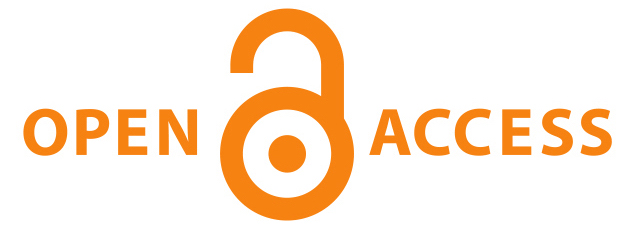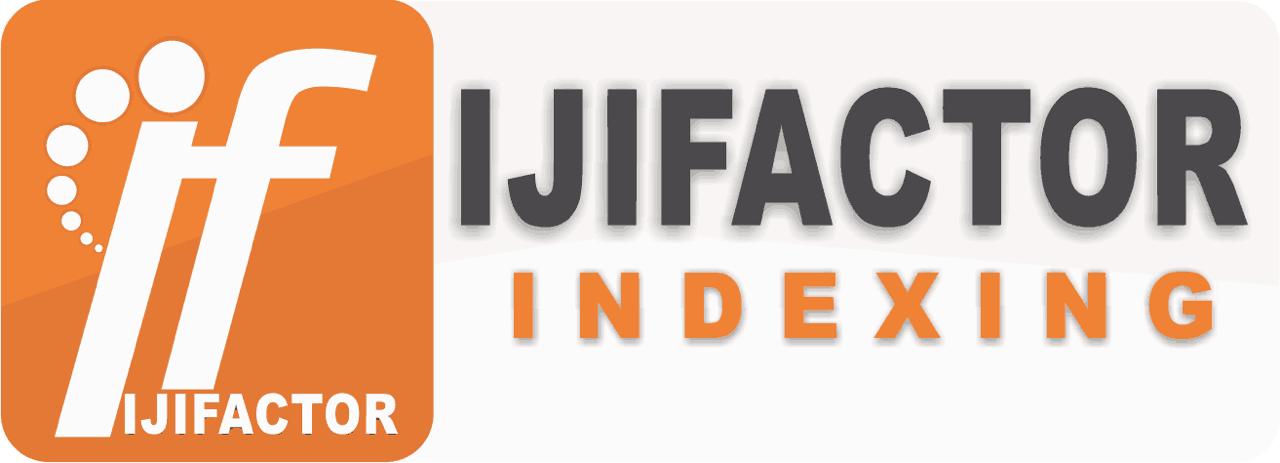Adoption of Improved Sorghum Variety (Melkam) and Its Impact on Household Food Security in Babile District, Eastern Ethiopia
DOI:
https://doi.org/10.56868/jadhur.v2i1.104Keywords:
adoption, food security, impact, improved (melkam), sorghum, BabileAbstract
This study aimed to examine the adoption of an improved sorghum variety (melkam) and its impact on smallholder farmers’ food security in Babile district, Eastern Harerghe zone, Oromia regional state, Ethiopia. A mixed research methodology was used to utilize both quantitative and qualitative strategies for data gathering and analysis. A multistage sampling process was applied to choose the 320 sample household heads. Literature was reviewed for secondary data. The results of the descriptive statistics indicated that 47.5% and 52.5% of the sample households adopted and did not adopt enhanced sorghum varieties, respectively. According to the findings of the binary logistic regression, factors that positively influenced farmers' decisions to adopt improved sorghum varieties included years of education, land holding, incomes, the availability of credit services, extension contact, and farmer cooperatives. In contrast, factors that adversely impacted farmers' judgments included household head age and market distance. Hence, this upshot concludes that improving educational levels, creating a fine line for credit access, and enhancing farmer cooperatives are needed to improve sorghum variety adoption.
Downloads
Published
How to Cite
Issue
Section
License
Copyright (c) 2023 Abdukerim Ahmed Mumed, Abdi Hassen Habib

This work is licensed under a Creative Commons Attribution 4.0 International License.
















